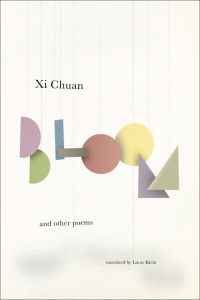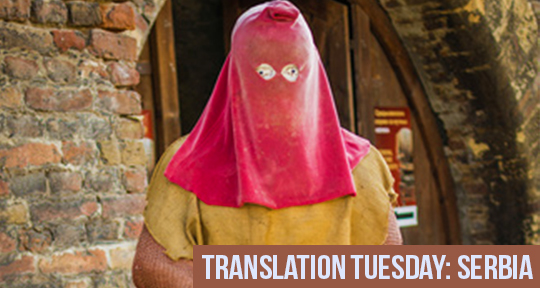Trash by Sylvia Aguilar Zéleny, translated from the Spanish by JD Pluecker, Deep Vellum, 2023
There’s trash in there, said the man who was cleaning our shower drain. He pulled out a rope of hair—in our household of mostly women, it collects. I thought of the specific word he used to describe our hair, that of a tangle of broken, dead, fallen hair: trash. No one in my circle, also mostly people with uteruses, has ever referred to hair as “trash.” To us, hair is hair, and we grieve its damaged pieces. It seems peculiar and disheartening that our being women (as a social construct) and people with uteruses (as an overlapping, but not coextensive, biological reality), have always been intimately associated to and related with trash. Our relationship with trash is indicative of our whole body and mind’s vicissitudes. In Sylvia Aguilar Zéleny’s recent novel, Trash, the fact that her three narrators all identify as women demonstrates a radical intention, revealing how certain sexual identities and wants are constructed as “bad” in order to maintain the patriarchal and ableist social order, where particular bodies and desires are rendered incapable of performing normative moral order, and are therefore unacceptable in society. When we reframe it that way, “trash” is not necessarily just the waste we can no longer consume or make use of; its entanglements prove to be far more complex, much deeper than that. The identities we align with, the politics we embody, the bodyminds we are, our presence unwanted and disturbing to the ruler’s home—when they stir up a stench which discomforts cisheterosexual (mostly) male desires, we become trash to their senses.
In this stunning debut novel, we encounter biopolitical debilities — such as hormones for transitions, the toxins from medication, blood from menstruation — through which Zéleny wades to render the limitations of our social and biopolitical mobility. Trash, set in a municipal garbage dump, starts by familiarising us with its cycle of narrators, taking turns like a roundtable with each part written in distinct voices, pulling us into the lucid experiential timelines of each narrator’s embodied memory. READ MORE…





